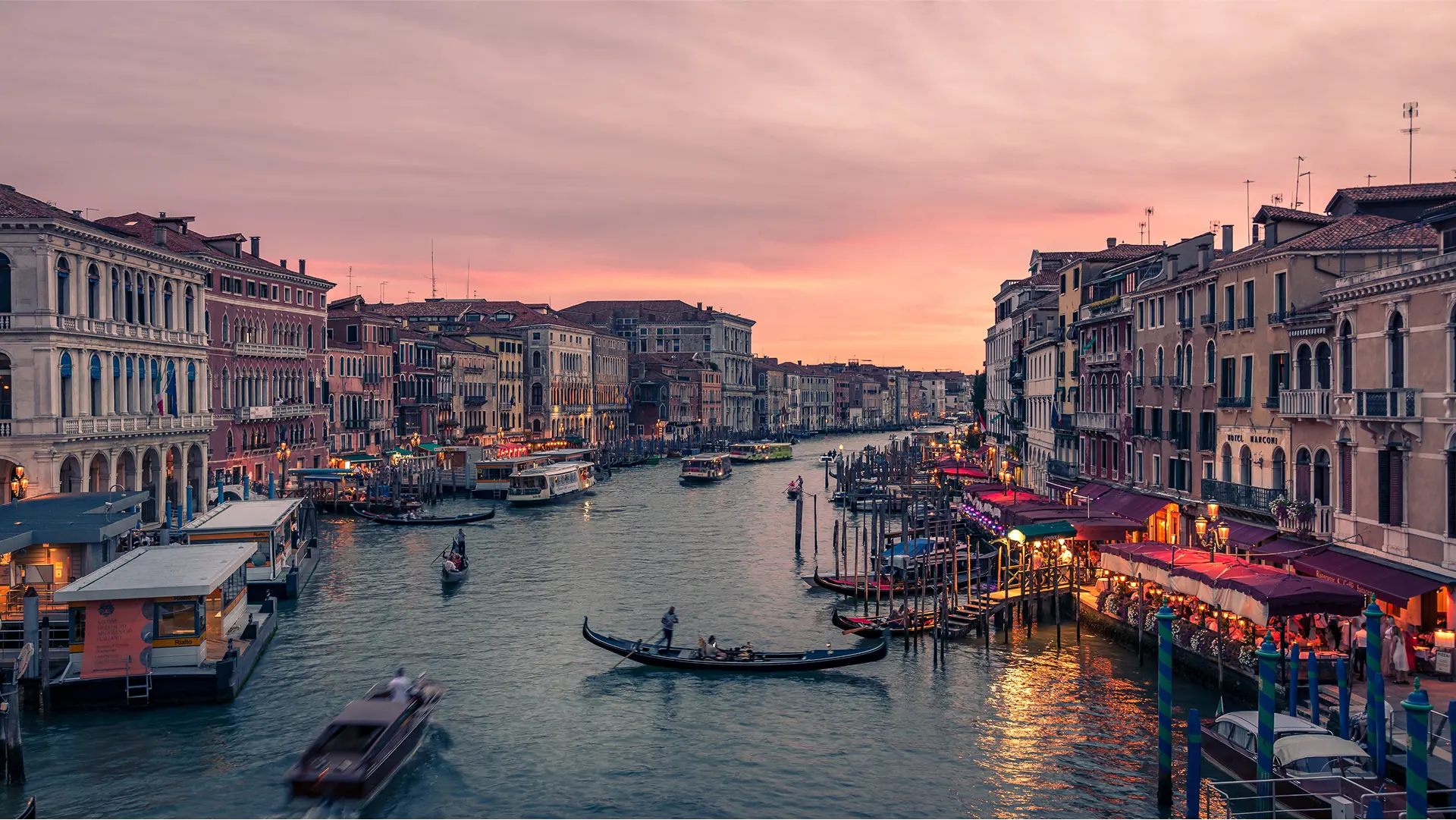
Maurice kamto must be question about the anglophone crisis
The ongoing Anglophone Crisis in Cameroon demands courageous leadership, meaningful dialogue, and steadfast commitment from all political actors. Recently, Professor Maurice Kamto, leader of the Cameroon Renaissance Movement (MRC), pledged that if elected president in October 2025, the North West (NW) and South West (SW) regions will be his immediate priority, focusing on peace and development.
This promise is significant, but it also prompts reflection. Why, over the six years since the crisis intensified, have these regions remained largely inaccessible to key opposition figures like Kamto? Why does political engagement with the crisis often seem symbolic, cautious, or conditional rather than direct and sustained? Furthermore, how can journalists responsibly raise these questions amidst accusations of bias or bad faith?
A Closer Look: Kamto’s Record on the Anglophone Crisis
It is essential to acknowledge that Maurice Kamto has taken several important positions regarding the Anglophone Crisis.
- 2017-2018: He publicly acknowledged the crisis’s roots and advocated for dialogue. His 2018 presidential campaign, however, did not include direct visits to the NW/SW regions—he cited government refusals to provide a military escort as a barrier. Instead, he campaigned in Bonaberi, an Anglophone refugee hub in Douala
- 2019: Kamto’s political activism culminated in protests demanding peace and transparency, resulting in his arrest and nine-month imprisonment a sacrifice that highlights his commitment. He called on activists and supporters to channel financial and material support through the Ayah Foundation.
- • 2020: The MRC boycotted regional elections, asserting that no credible process could occur amid ongoing violence. However, while the violence has not stopped, he has decided to contest the 2025 elections.
- – 2025: Kamto promises that histirst official presidential visit will be to the Anglophone regions.
- Nevertheless, that is conditional on him winning the elections
- These actions are meaningful. But they raise further questions that go beyond symbolic gestures.
- Symbolism vs. Substance: The Challenge of Political Engagement
- The refusal to or inability to visit the conflict zones until one attains power reflects a broader issue in Cameroonian politics. This is the politicisation and securitisation of access to Anglophone regions. The government’s military operations and administrative restrictions have created real barriers, limiting physical presence and campaigning
- Yet, this does not fully absolve opposition leaders. Political leadership demands risk-taking and courage.
- Genuine engagement requires more than distant rallies in exile communities or pledges conditional on winning office.
- When political actors, including Kamto, condition their visits on election victory, it suggests a transactional approach to peace. This implies therefore that the afflicted regions become political bargaining chips rather than priorities of urgent concern.
- Conflict Beyond the Anglophone Regions: A National Challenge
- While the Anglophone Crisis has captured international attention for its intensity and complexity, it is far from Cameroon’s only security challenge. The northern regions of the country, particularly the Far North, have long suffered from the violent insurgency of Boko Haram. The outfit is a terrorist group designated as such by multiple governments and international bodies. This conflict has led to countless deaths, displacements, and persistent insecurity.
- Moreover, the East and South regions face threats from cross-border banditry, intercommunal violence, and insecurity fuelled by porous borders with the Central African Republic and the Republic of the Congo.
- These conflicts contribute to a national landscape of instability, which cannot be ignored
- In this context, onews1 questions take on an even broader urgency.






